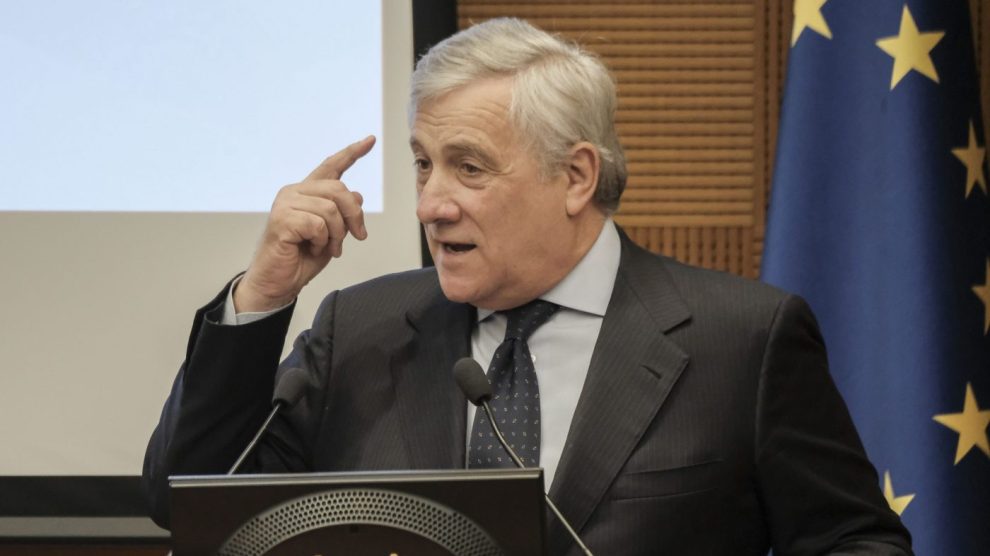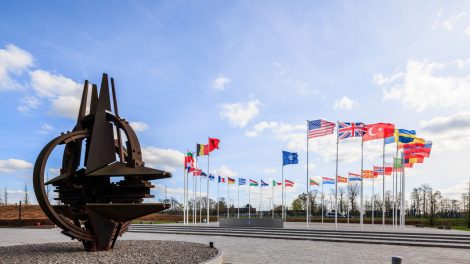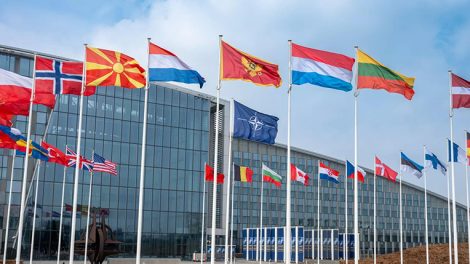Antonio Tajani’s take on European defence. As June’s European Union elections come into view, the future of the bloc – and its place in a rapidly evolving world – is coming increasingly into focus. On Sunday, in an interview with La Stampa, the Italian Foreign Minister argued that the “first real reform to be made” within the EU “is one that provides for a European defence.”
- “If we want to be peacekeepers in the world, we need a European army. And this is a fundamental precondition for an effective European foreign policy,” he argued.
Chess, not checkers. “In a world with powerful players like the United States, China, India, and Russia, with crises ranging from the Middle East to the Indo-Pacific, Italian, German, French or Slovenian citizens can only be protected by something that already exists, and it is called the European Union,” remarked the Italian FM. That’s why the creation of a shared defence and a “common army” must become a reality and can no longer be postponed, he added.
- There will always be strong national resistances to the idea of pooling such “pieces of sovereignty.” However, “if we remain divided, we will always be helpless sparrows in a world where eagles fly.”
Material unity. It’s not about readying the EU for war, but rather making it “ready for peacekeeping, monitoring, deterrence,” continued FM Tajani. To do that, the bloc must become capable of “synthesising […] divergent reasoning and interests” and be “committed to joining forces quickly and concretely.” That also entails being “capable of spending better and together,” he urged, noting that the EU – whose defence industry remains fragmented and subject to national quarrels – risks being left behind.
- This form of EU is attainable by “speeding up and improving decision-making” through other reforms, said the Italian FM, pointing to the need to expand majority voting (as opposed to unanimity, which Hungarian President Viktor Orban has been leveraging to prevent the expansion of support to Ukraine).
- He also argued that having two heads – the EU Commission and EU Council Presidents – is ultimately counterproductive and advocated for rebalancing their roles.
An aside: EU2024. FM Tajani, who leads the government’s minority party Forza Italia and is Vice Chairman of the European People’s Party (the biggest in the European Parliament), has repeatedly rejected the possibility of an alliance at the EU level with far-right parties such as Alternative for Germany and Marine Le Pen’s National Front. The ruling party Brothers of Italy (BoI) has also highlighted the existence of sharp differences in dossiers such as Ukraine, although its leader, Italian Prime Minister Giorgia Meloni, remarked on Friday that Ms Le Pen “makes a more interesting argument.”
- When questioned about this, FM Tajani said that the PM heads another European Party (the European Conservatives and Reformists) and reiterated that for his own EPP “it is impossible […] to make agreements with those who have a strong anti-EU and anti-NATO statute.”





